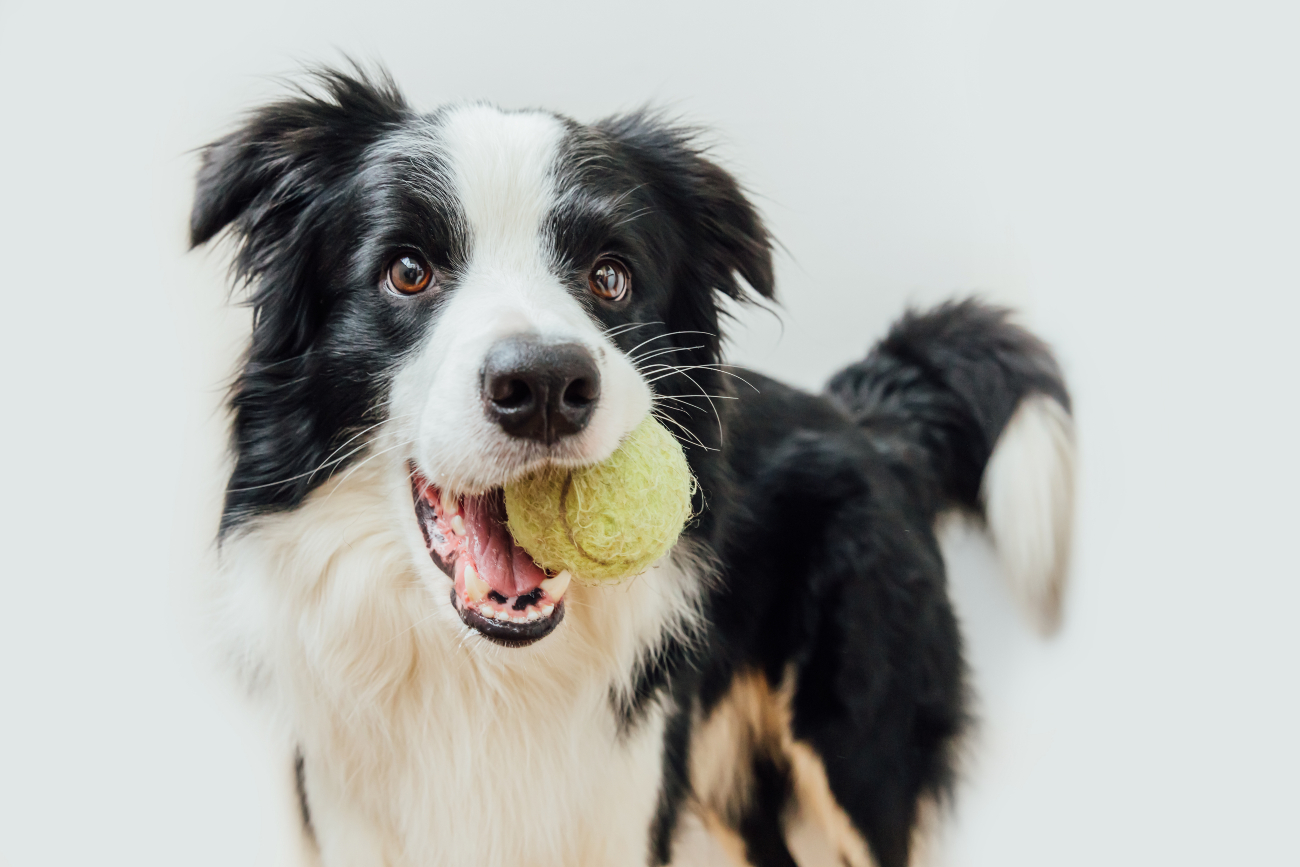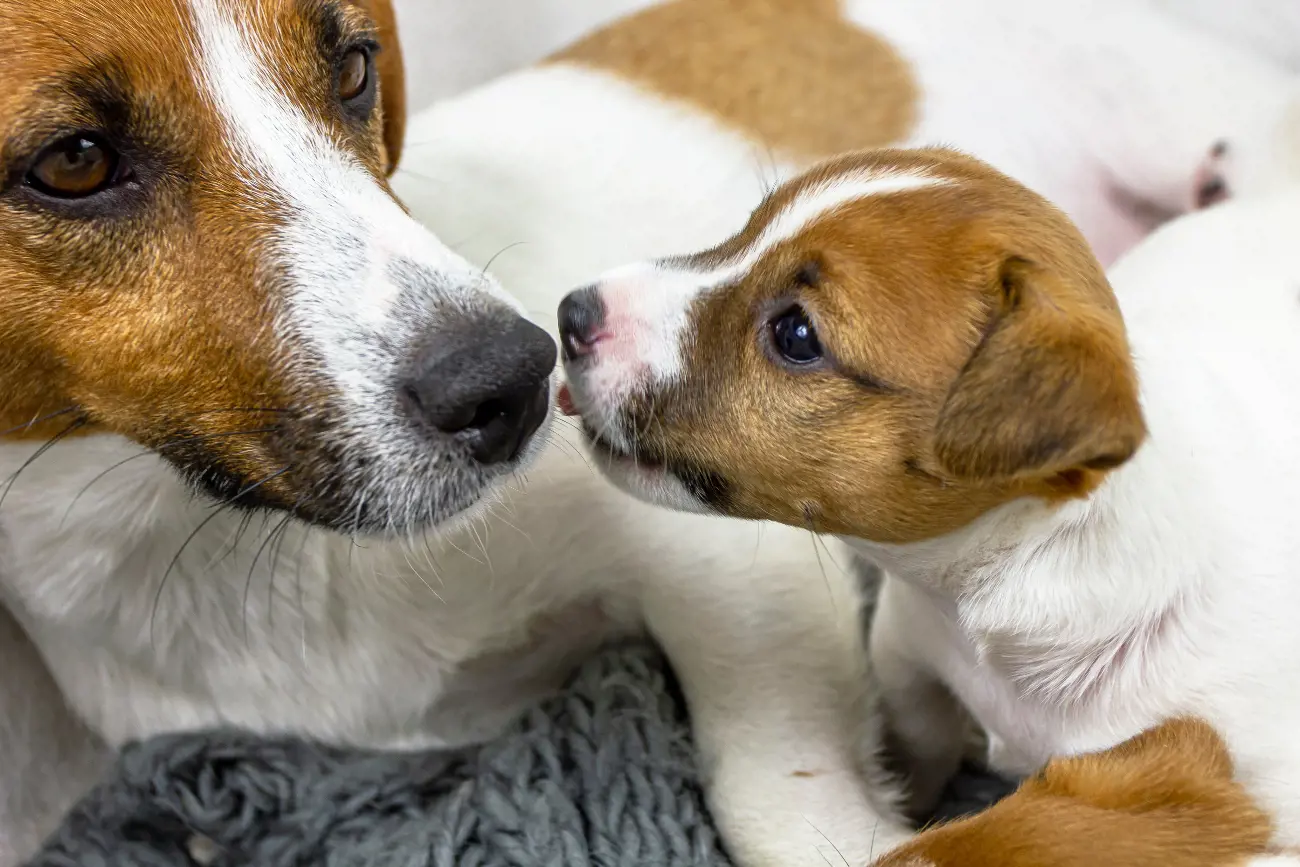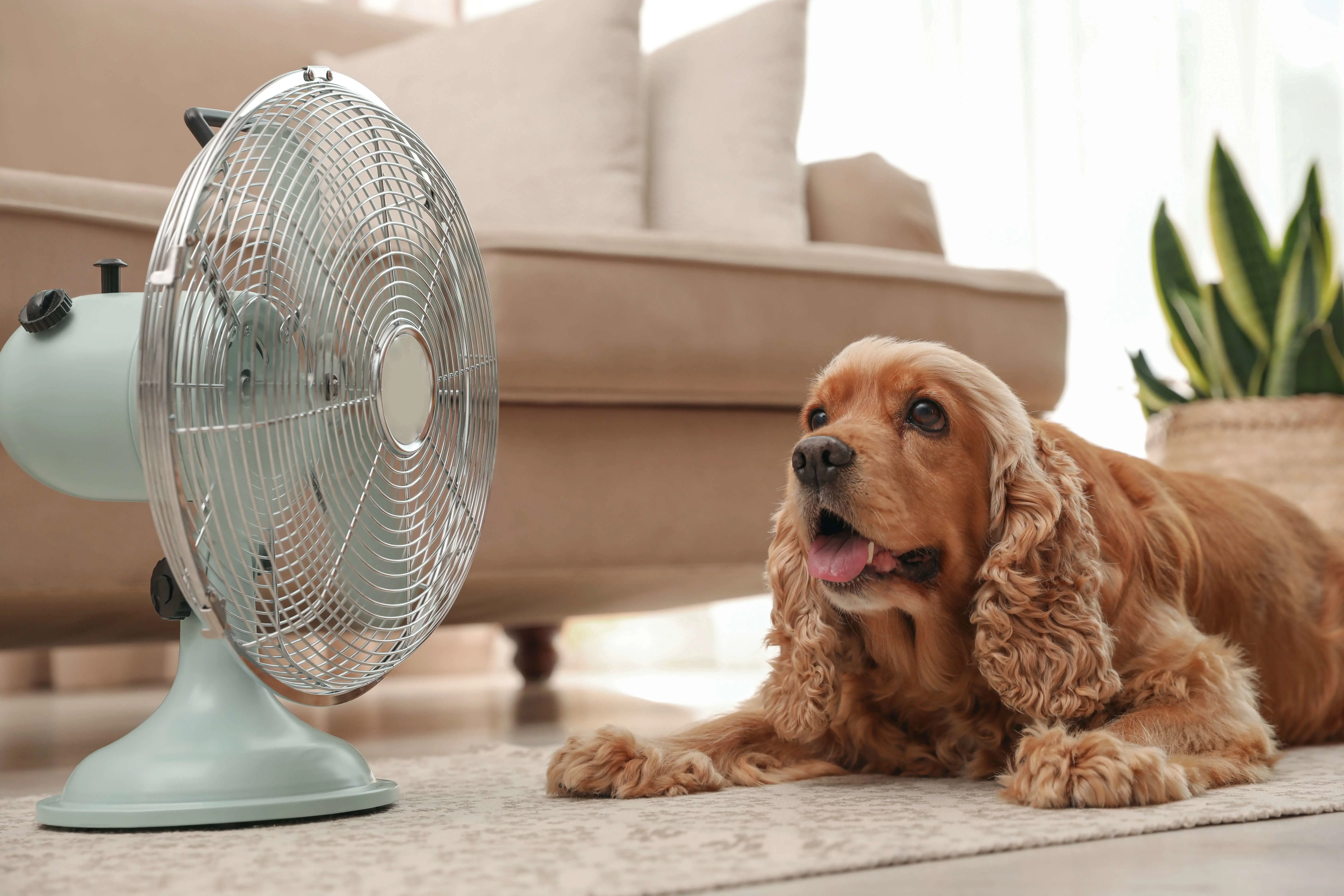Dog nutrition
8th January, 2024

Nutrition and your pets
It’s important to feed your pet the right diet, not only to help their health thrive but also to reduce the risk of them developing some conditions as they grow, live and age. A good-quality balanced food is essential to keeping your cats and dogs happy and healthy. But there’s an overwhelming amount of information from different views about what food to feed, how much, and how often, so where do you start?
We’ve teamed up with our vet care provider Joii to discover essential insights and expert advice about the world of pet nutrition!
Why is nutrition so important?
There are many reasons why choosing what and how much to feed your pet is important.
The type of food:
- Poor quality or unbalanced diets can lead to deficiencies and illnesses such as pancreatitis, skin disease, gastrointestinal disease, and diabetes.
- The symptoms and quality of life related to some diseases, such as kidney disease, skin disease (especially allergies) and urinary disease, can all be greatly improved by feeding a specially developed diet.
The correct amount of food:
- Overfeeding leads to obesity. Overweight pets are at higher risk of developing arthritis, diabetes, heart problems, anaesthetic complications and many more.
- Underfeeding or malnutrition can lead to bad vision, skin problems and a weakened immune system, which in turn can put them at risk of severe infections, delayed wound healing, and other issues.
Obesity is a life-changing and life-shortening illness. Studies show that 51% of dogs and 63% of cats in the UK are overweight or obese. (Joii)
What to feed your pet
No single type of diet or amount is suitable for all pets. There are many factors that affect what and how much you should feed your cat or dog. It depends on their life stage, lifestyle, if they have any health issues, current weight, and body condition score. Speak to a vet or vet nurse when choosing a diet for your pet, they will be able to help determine if the diet is suitable. Pets with special dietary needs include, growing puppies and kittens; pregnant and lactating pets; pets with chronic diseases; senior pets; and working pets.
Treats
Treats can be used as a great training reward to teach your pet new things. Training with rewards is all about teaching your pet that good things happen when they make a good choice. When your pet gets a reward, they will associate this with whatever they’ve just done, and they will be more likely to do the same thing again next time.
Here are our top tips for treats
- Always give your pet treats in moderation. Monitor the number of treats you give your pet and reduce their usual food portions if needed. As a general rule, no more than 10 per cent of your pet’s diet should be made up of treats.
- There are a wide variety of treats you can buy for your pet. Be aware that these can vary in quality and could contain a lot of sugar, milk products and fat, so always check the ingredients.
- Treats that pets especially love can be used as the ‘gold star’ reward when your pet gets something spot on. You can also use these to keep your pet’s focus and attention in environments where there are more distractions. These can be chopped into small pea-sized pieces for training.
- Avoid feeding your dog table scraps as treats. Many human foods can cause digestive upsets, and some are even toxic, such as onions and garlic. Human food can also contribute to obesity and unbalance your dog’s diet. Feeding your dog, a slice of toast is equivalent to a human eating a portion of chips!
Speak to your vet for more advice on the best way to include treats in your dog’s diet. Most dogs enjoy food as a reward but all dogs are different so they will naturally find different things rewarding.
Toys and your attention can also be excellent rewards.
What NOT to feed your pet
Human foods that can cause tummy upsets in pet include
- Dairy products
- Highly processed foods such as ham or sausages
- Seasoned foods that are very spicy or salty
- Cooked bones (can even lead to blockages and damage to the intestinal tract)
- Corn on the cob (cause blockages)
The most common toxins we see in pets include
- Chocolate
- Grapes, raisins, sultanas, and currants
- Alcohol
- Onions and garlic
- Artificial sweeteners (xylitol)
Our Joii vets are available 24 hours a day, 365 days a year.
If you have any questions about what to feed your pet, how to assess their weight, or if you are worried that they have eaten something they shouldn’t have - download the app and speak to a professional straight away.
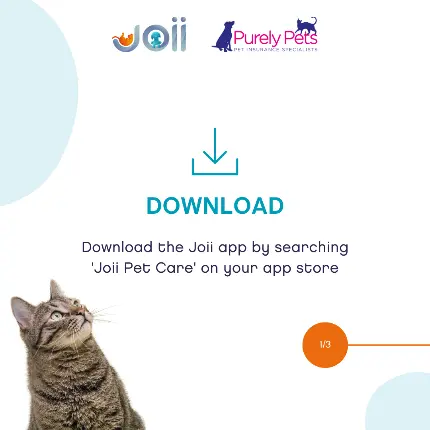
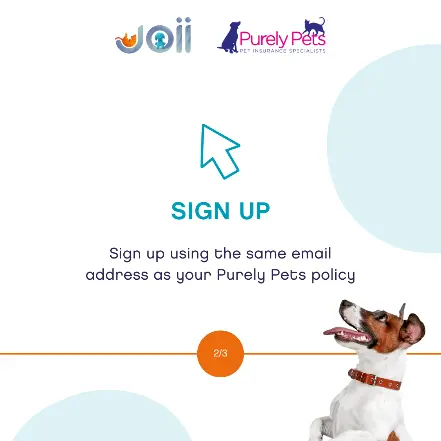

Source: Dr Jennifer Macindoe BVMS MRCVS
Helpful Pages
Recent Posts
Pet Insurance Quote
- 98% claims paid *
- Claims paid directly to vets
- 24/7 vet video consultations
- Interest free monthly payments

